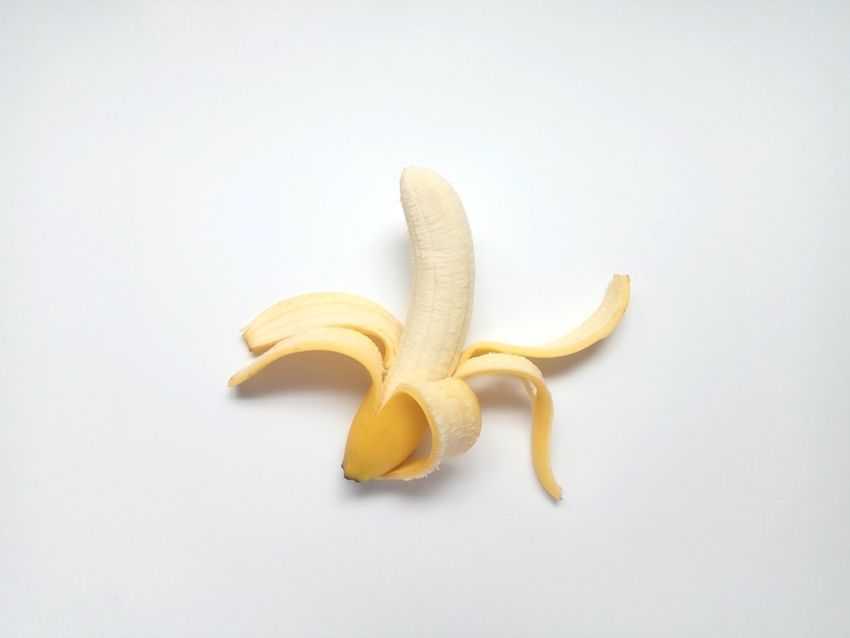
If you want to live a low-waste lifestyle, start in your kitchen. We waste food every day, often without realizing it. But with a few simple changes, you can reduce food waste and make a big impact—without changing who you are.
Simple shifts in daily habits can make all the difference later down the line. Store your food properly so you don’t have to throw it away so quickly. Only buy what you need – make lists, plan meals, measure ingredients. Understand how expiration dates work so you don’t throw away food that’s still good to eat. Most importantly, look for little moments in your cooking process to revise. Below we’re sharing a few ways to reduce food waste…
10 Ways to Reduce Food Waste Daily
STOCK UP ON STOCK.
Keep veggie scraps and trimmings in a bag in the freezer when you cook. You can use this later as the base for a flavorful stock. Follow this simple recipe. You can incorporate the stock into various dishes — like grains and sauces — or you can sip it on its own.
DON’T STOP AT THE STEM.
Make sure you use as many of your fresh ingredients as possible when cooking. Broccoli stems taste greatly roasted. Beet leaves make for an excellent salad. Carrot tops can be used to make pesto. Even celery leaves can be candied for a sophisticated garnish.
MAKE FRIENDS WITH THE FREEZER.
There are so many things that can be kept in the freezer so they stay fresh longer. Freeze pantry items like flour and nuts, wedges of hard cheese, pre-chopped veggies, and even soup saved in single-serving portions.
SAVE CITRUS PEELS.
Use the peels to make homemade countertop cleaner. The peels can also be candied and saved in the freezer to use later in baking, cocktails, or as a flavorful homemade snack.
WHEN ALL ELSE FAILS, FRITATTA.
Every restaurant leftover can be thrown into a frittata. Use leftover veggies or veggie scraps, wilting herbs, and uneaten dinner remnants to add texture and flavor.
HANDLE YOUR HERBS.
When fresh herbs start to wilt, chop them up and blend them with grass-fed butter, roll it into a tube with reusable wax paper and slice off pieces when you cook. You can also mix them with oil and make an infusion that doesn’t go bad (because oil is a natural preservative), or make a pesto or chimichurri and freeze the sauce in an ice cube tray to have single-serving portions available to cook with.
REPURPOSE YOUR FRUITS.
If you bought too much at the farmers market don’t wait for them to go bad; instead, find another way to use them. Make jam with berries, get into canning, or freeze them at peak ripeness and use them in a smoothie. Frozen fruit can easily be taken from the freezer to a baking dish for a summery cobbler at any part of the year.
PICKLE IT.
Use your extra veggies and pickle them, done right they will last a long time. The fermentation process makes pickles prime food for a healthy gut.
USE THOSE COFFEE GROUNDS.
If you make coffee every morning, save the brewed coffee grounds in the freezer and make it into a homemade body scrub.
DONATE WHAT YOU DON’T USE.
If kitchen DIY isn’t your thing, save your fruit and veggie scraps in a bag in the freezer, when it’s full donate them to a community compost.


